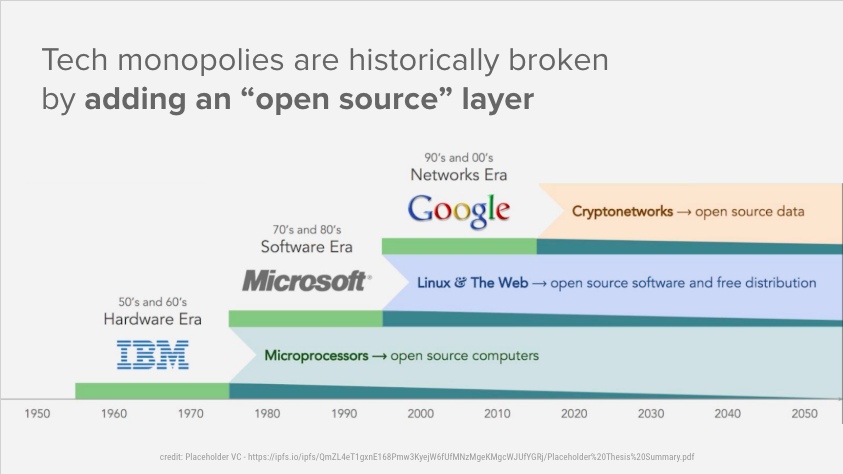DefendCrypto.org
Over the last year, the SEC has been investigating a significant number of token offerings that took place in 2017. While some of those offerings were scams or worse, many of the ones that are being investigated by the SEC are serious projects, started by some of the top cryptographers and computer scientists in the world, and backed by the leading token funds and venture capital firms in the US and around the world.
Sadly, the SEC looks at crypto tokens and sees securities that they want to regulate as such. They cannot seem to understand that not all of these assets are securities, they cannot seem to understand that most are commodities, currencies, or utilities like frequent flyer miles. They cannot understand that crypto tokens are unlike any assets that have come before them and that crypto tokens need new regulatory structures. They cannot understand that their unwillingness to come up with new rules paired with their “regulate by enforcement” strategy is hurting the crypto sector, pushing it offshore, and is causing most of the new projects to raise capital outside of the US and/or put together legal structures that look like Frankenstein monsters.
I have seen this play out in multiple projects and also in the exchange sector, which I posted about over the weekend. For as long as I have been involved in the crypto sector, I have been advocating and advising that companies work with the SEC, cooperate with them, and educate them. But that has not worked. I am frustrated. So are many others. Even one of the SEC Commissioners has gone public with her frustrations.
One of the crypto projects that the SEC has been investigating, where I have had a front-row seat, is the Kin project that was birthed by USV’s portfolio company Kik, where I am on the Board.
Kin is a digital currency (not a security) that is in use in over 40 mobile apps now. Last month over 1mm users earned Kin in one of those mobile apps and over 300,000 users spent Kin in one of those mobile apps. Kin is one of the most used crypto currencies in the world.
And yet the SEC won’t agree to settle with Kin on reasonable terms. Instead they want to force Kin to become a security, which would decimate its appeal as a digital currency. Imagine that a user had to go to a securities brokerage firm like Schwab to purchase a token in order to be able to use Apple’s App Store. That is crazy and yet that is essentially what the SEC wants Kin and many other crypto projects to agree to do.
So today, Kin has launched DefendCrypto.org which is a crowdfunding effort to fight the SEC in court. Kin has contributed $5mm worth of BTC, ETH, and Kin to the effort. And others are contributing their crypto assets as well. You can do so here. I have contributed a number of my crypto tokens to the effort this morning.
Whatever funds are raised by DefendCrypto.org will be used by Kin to fight the SEC in court, to help secure a favorable ruling that could well set a precedent for the entire sector. Any funds that are left after this legal battle will be set aside for other similar legal efforts in the crypto sector.
It is my hope, and Kin’s hope, that DefendCrypto.org will be an inspiration for the many other important crypto projects that are silently battling with the SEC to come public and raise capital from the crypto sector for their fights.
The SEC is regulating by enforcement, not new rulemaking, and worse, they have taken a divide and conquer strategy. It is time for the crypto industry to come together and fight back. I hope that Kin’s efforts with DefendCrypto.org represent a watershed moment/movement that will pressure the SEC to think and act differently toward this important new sector.
